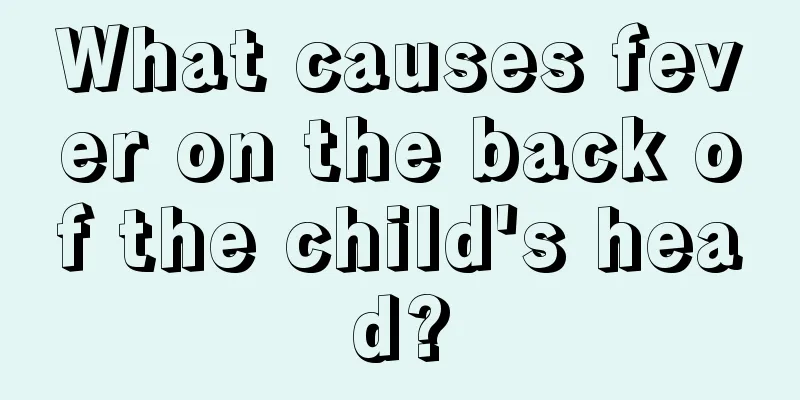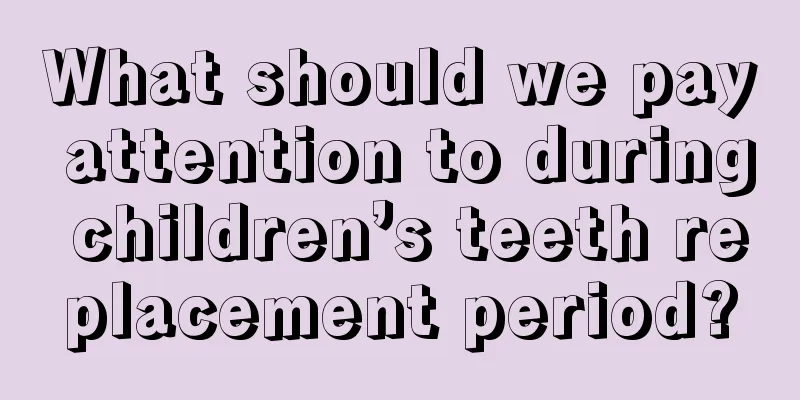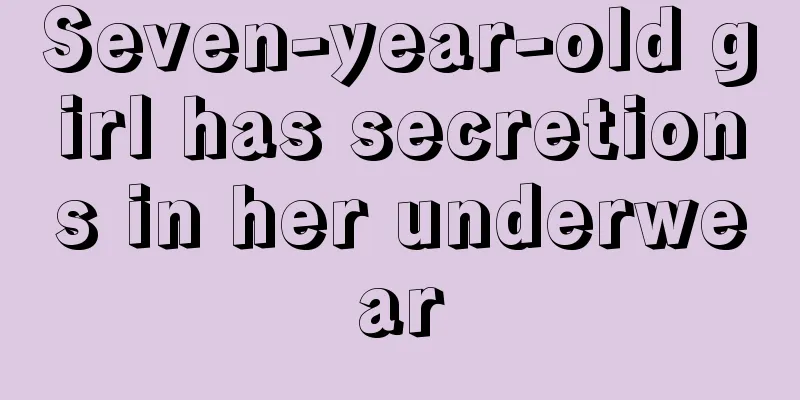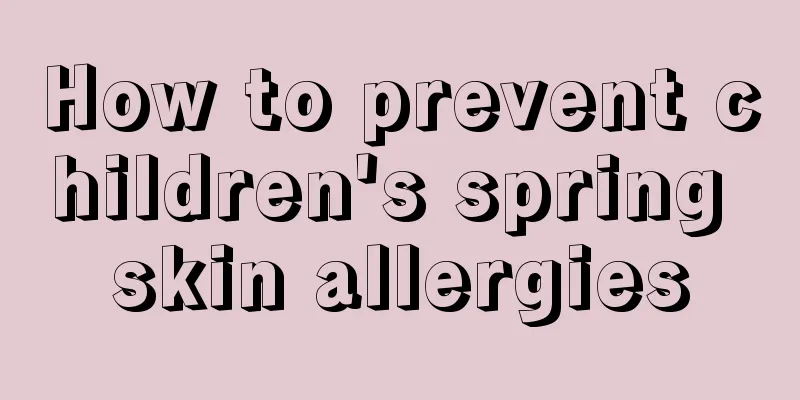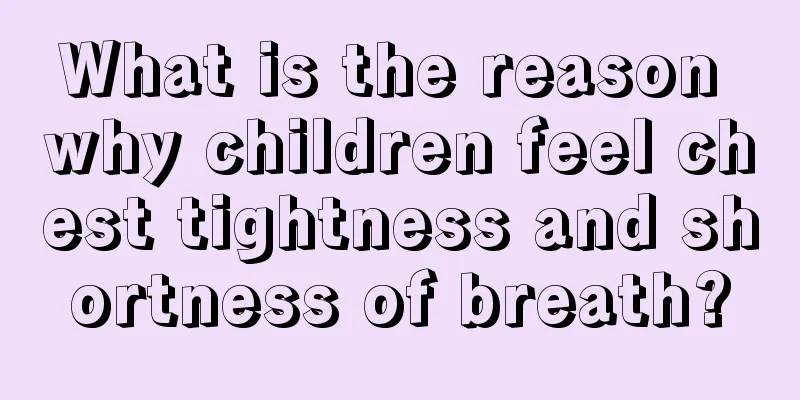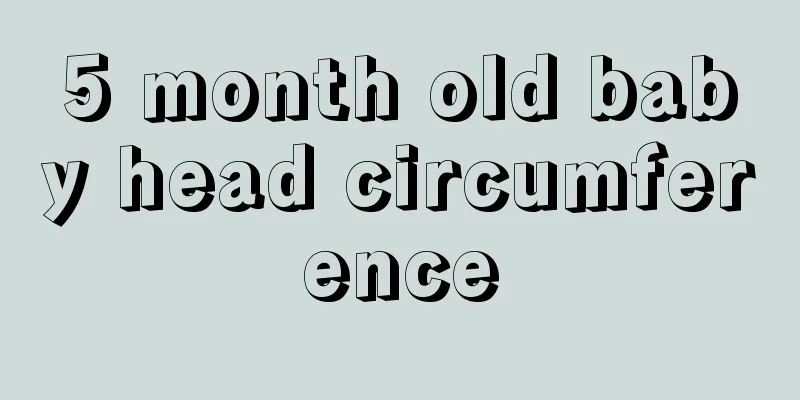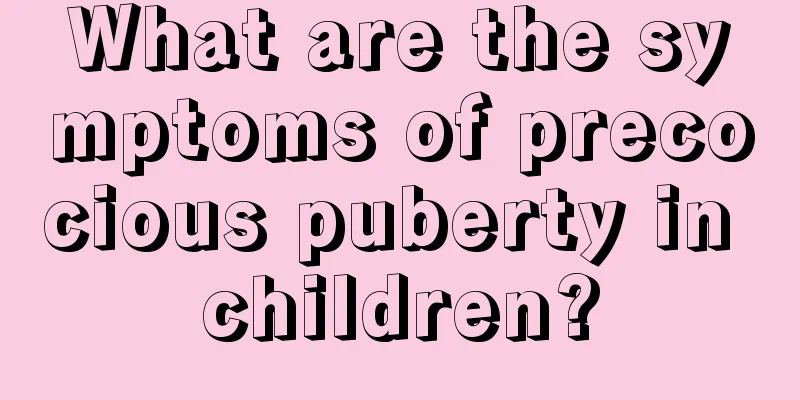Will children's teeth change?
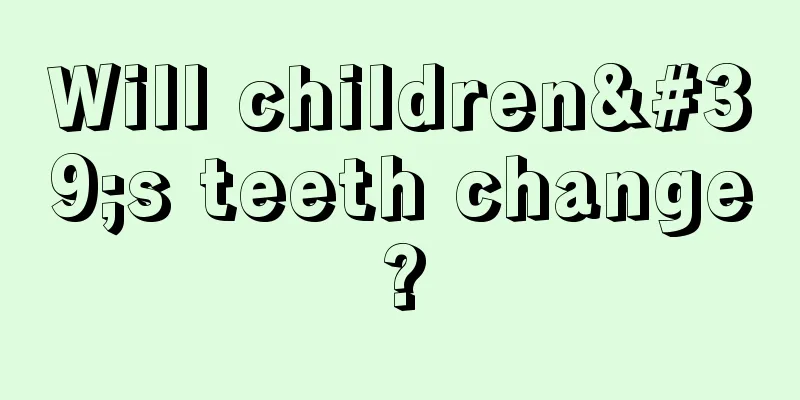
|
The teeth in children are all deciduous teeth, which are only for their temporary use. When children reach a certain age, it is time for them to change their teeth. The teeth after this are called permanent teeth. Permanent teeth are the teeth that accompany children throughout their lives. Therefore, parents are concerned about their children's tooth replacement. In particular, many children have tooth decay before their teeth change, and all the teeth in their mouths are damaged. Parents will worry whether the teeth will be good after the tooth change. Many parents also want to know whether the molars are also replaced when children change their teeth. In fact, everyone should know that when children change their teeth, all teeth are replaced, of course, molars are no exception. Moreover, there is a sequence for children to change their teeth. After their children change their teeth, parents must urge them to develop good oral hygiene habits. 1. Will children's molars change when they change their teeth? Will children's molars change when they grow teeth? Children's molars will change when they grow teeth. Children start to change their molars around the age of six, that is, they start to change their milk teeth. All 10 milk teeth in the upper and lower rows must be replaced in the order in which the milk teeth grow. When they are 12-13 years old, all the milk teeth are replaced by permanent teeth. 2. Children's teeth will not change except for the sixth molars. When children are around six years old, which is when they start to replace their deciduous teeth, their first tooth will grow. This tooth is the "six-year molar" and it will not be replaced. Therefore, if you do not pay attention to protecting it, it will lead to permanent tooth loss. Its early loss will not only greatly reduce the child's chewing function and cause malnutrition in the child, but also affect the development of the jaw and cause the adjacent teeth to tilt and the elongation of the jaw teeth, resulting in a disordered occlusion relationship, which has a very adverse effect on the physical and mental health of children. 3. How many teeth should children replace? All twenty baby teeth need to be replaced. Baby teeth begin to erupt at around 6 months old, starting with the front incisors of the lower jaw. At around 2 and a half years old, all 20 baby teeth will be replaced by permanent teeth. By around 12 years old, 28 teeth will have grown in total, which varies from person to person. Generally, the number of wisdom teeth is 0 to 4. All 32 teeth usually come out at around 20 years old. 4. The order of children's tooth replacement There is a certain order for children to replace their teeth. Simply put, it is "a certain time, a certain order, left-right symmetry, first lower and then upper". Left-right symmetry, first lower and then upper refers to teeth with the same name. At around 6 years old, the first permanent molar, also called the sixth-year molar, grows out just behind the last deciduous molar; slightly earlier or at the same time as the lower central incisor, the deciduous lower central incisor falls out and the permanent lower central incisor grows out at around 6 years old; at 7-8 years old, the deciduous upper central incisor falls out and the permanent upper central incisor grows out, the deciduous lower lateral incisors fall out and the permanent lower lateral incisors grow out; at 8-9 years old, the deciduous upper lateral incisors fall out and the permanent upper lateral incisors grow out; at 9-12 years old, the first and second deciduous molars fall out and the first and second bicuspids grow out; at 10-12 years old, the deciduous canines fall out and the permanent canines grow out. |
<<: What should children eat to cure cough and phlegm?
>>: What is the reason for the child's stomach ache?
Recommend
What to do if children have itchy blisters on their hands
In fact, many people have experienced small blist...
What should I do if my baby teeth are decayed?
Do you have cavities in your deciduous teeth? In ...
What to do if baby has bloating
The health of babies is very important to every p...
Reasons why children keep blinking
Parents will be very worried about any abnormal r...
What are the massage methods for anorexia in children?
Many people have experienced anorexia, which mean...
Nine kinds of lutein drinks can keep children from the risk of myopia
Numerous studies have shown that if a person is n...
National unified schedule for junior high school students
Time flies, and our child is already in junior hi...
What should I do if my two-year-old child has poor digestion?
The problem of poor digestion in two-year-old chi...
Why doesn't my baby gain weight after eating?
As people's diet is getting better, many pare...
What are some good recipes for picky eaters?
Children are the elves that everyone likes. They ...
Can babies eat kiwis when they have diarrhea?
A family will be full of laughter only when they ...
Four month old baby has bloodshot eyes
For some adults who are under great work pressure...
4-year-old baby with allergic rhinitis
The baby's body is very delicate and very sus...
What should I do if my baby is covered with prickly heat?
Every summer, mothers are always worried about th...
What is the cause of high platelet count in children?
Children's bodies are relatively weak, so the...
